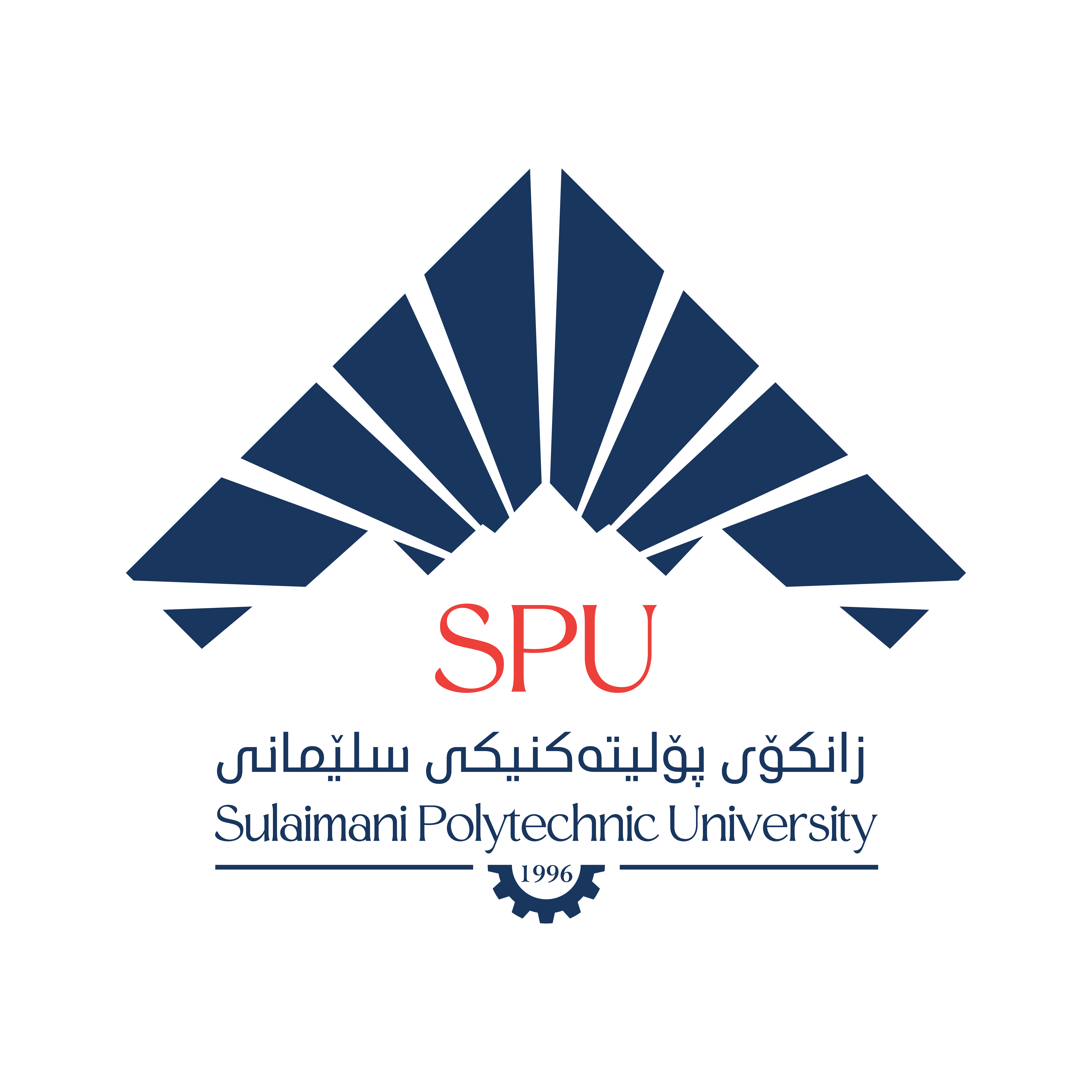
A Memorandum of Understanding was Signed between Sulaimani Polytechnic University and Al-Hadi University College
In order to establish coordination and strengthen scientific relations and to pay more attention to capacity development and scientific exchange, a memorandum of understanding was signed between Sulaimani Polytechnic University and Al-Hadi University College of Baghdad.
On Wednesday, 2nd of October 2024, Professor Dr. Hoshyar Abdullah Aziz, President of Sulaimani Polytechnic University, received Dr. Abdul Mohsen Naji Al-Mohsen, Dean of Al-Hadi University College and his accompanying delegation.
In a meeting attended by the Vice President for Scientific Affairs and Higher Education, Administration and Finance, Students’ Affairs and Director of International Relations of the University, the President expressed his pleasure with the visit and briefly talked about the history of work, achievements and activities of Sulaimani Polytechnic University that year after year takes better steps towards improving the scientific and academic level of the university in the Kurdistan Region, Iraq as well as internationally. He also said that it is very important for Iraqi institutions and universities to coordinate and have direct contacts with each other in order to exchange skills and develop the capacity of teachers and students. He also pointed out that the plan of the university is to further develop all steps, which is more about serving students at a high scientific level.
The Dean of Al-Hadi University thanked the President of Sulaimani Polytechnic University for the warm welcome and hoped that this would be a good start for scientific relations and coordination between the two sides that will benefit scientists, teachers and students of the country. They also talked about their work and activities that have taken positive steps.
Then the President of Sulaimani Polytechnic University and the Dean of Al-Hadi University College signed a memorandum of understanding according to which the two sides can coordinate and carry out joint scientific activities, including the development of educational programs, exchange of students and teaching staff, opening training courses, conducting scientific research and using the laboratories of both sides.






